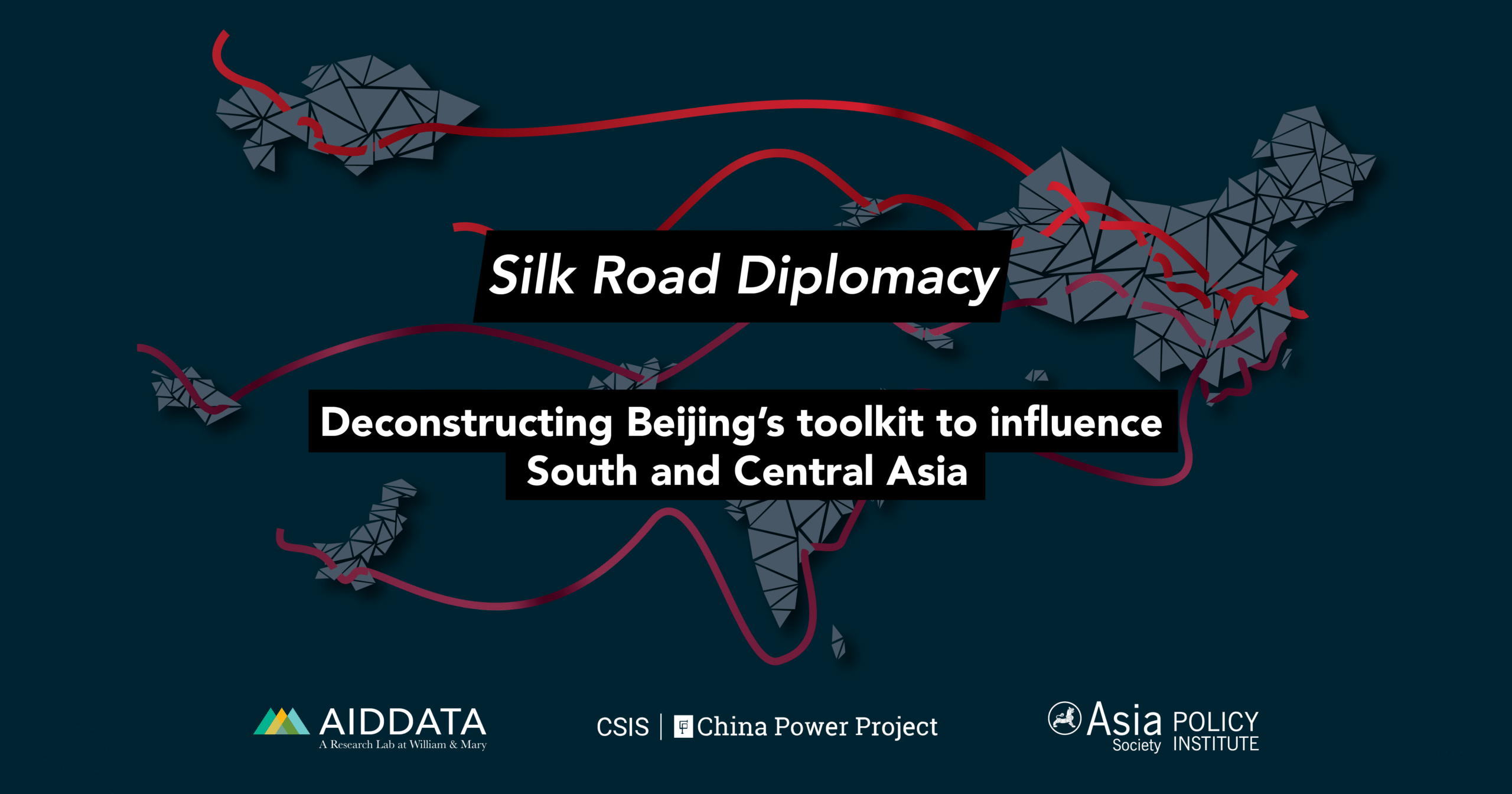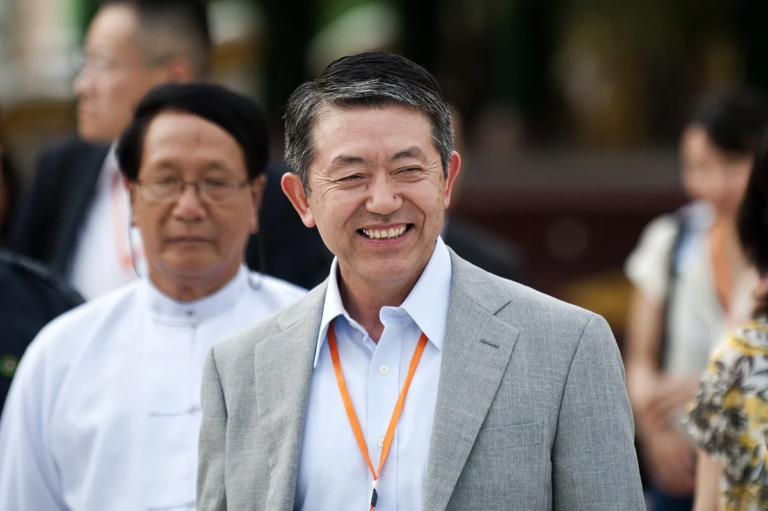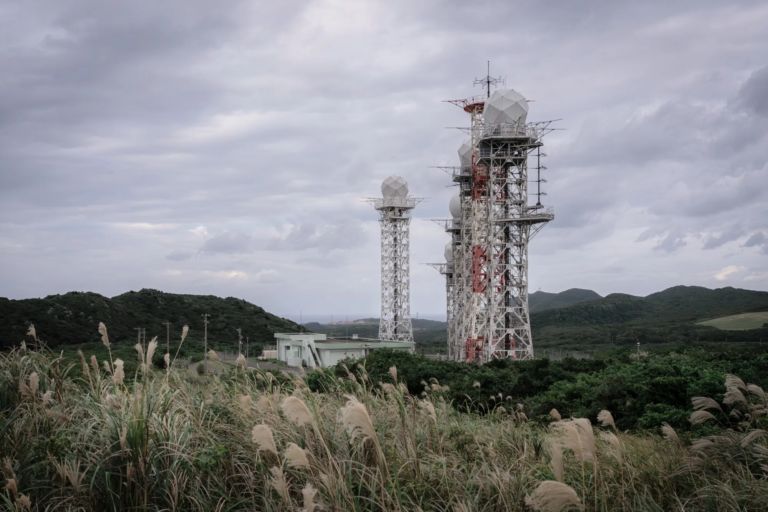
Indo-Pacific nations are shifting their economic and security partnerships in response to mounting debt pressures and growing unease over China’s behavior as a financier. Indonesia, Sri Lanka and Vietnam are among those increasingly viewing partnerships with like-minded nations such as India, Japan and the United States as an economic safeguard amid Beijing’s problematic lending practices.
Under China’s lending model, “the absence of stringent oversight has revealed serious challenges when it comes to managing debt sustainably,” Dr. Chulanee Attanayake, a nonresident fellow at Singapore’s Institute of South Asian Studies, told FORUM.
Sri Lanka offers a cautionary tale. After defaulting on loans from Chinese state-run banks, Colombo was forced to lease the strategically located Hambantota Port to a Chinese state-owned firm in 2017 for 99 years. Although China eventually restructured $4.2 billion of Sri Lanka’s debt in late 2023, it was India and Japan that played leading roles in providing swift and favorable relief packages. In March 2025, Japan and Sri Lanka completed a $2.5 billion debt restructuring deal, clearing the path for Japanese-funded development projects. Meanwhile, India, Sri Lanka and the United Arab Emirates agreed to collaborate on energy and infrastructure projects in the Sri Lankan city of Trincomalee.
“Tensions over debt negotiations with China are likely to impact Sri Lanka’s broader foreign relations, prompting Colombo to deepen ties with other key partners like India and Japan,” Attanayake said. She emphasized that “even close political ties with China don’t guarantee timely assistance in a debt crisis, which leaves borrowing nations in a vulnerable position.”
Spurred by increased skepticism over the long-term implications of Chinese-financed infrastructure, Vietnam is deepening economic cooperation with Japan and the U.S. Tokyo’s Partnership for Quality Infrastructure is central to the realignment, offering high-standard alternatives in railway, airport and urban development projects.
Japan’s assistance emphasizes not only concessional loans and advanced technology but also local capacity building — a stark contrast to China’s projects, which often involve imported labor and limited domestic benefit, according to a May 2025 essay in the publication Modern Diplomacy.
At the same time, Hanoi and Washington have been boosting defense ties, with Vietnamese and U.S. firms partnering in areas including aerospace and digital infrastructure.
Underlying such moves is suspicion over China’s strategic intentions. Many of Beijing’s One Belt, One Road (OBOR) projects are suspected of serving military as well as civilian purposes, Attanayake noted. Concerns about surveillance, cyber vulnerabilities and loss of control over critical infrastructure have become more pronounced, particularly in Southeast Asia.
“Sri Lanka’s financial collapse reignited global scrutiny of China’s role as a creditor, particularly in the context of [OBOR] infrastructure financing,” she said, citing Beijing’s lack of transparency in contract terms and debt restructuring.
Amid such concerns, alternatives are gaining momentum, including the Partnership for Global Infrastructure and Investment, an initiative of the Group of Seven leading industrialized nations to promote “sustainable, inclusive, resilient and quality infrastructure and wider development.” Notable projects include rehabilitating Papua New Guinea’s Rabaul Port, rail electrification in Indonesia, enhancing digital connectivity to boost disaster risk management in the Philippines, and expanding urban infrastructure and renewable energy in India.





